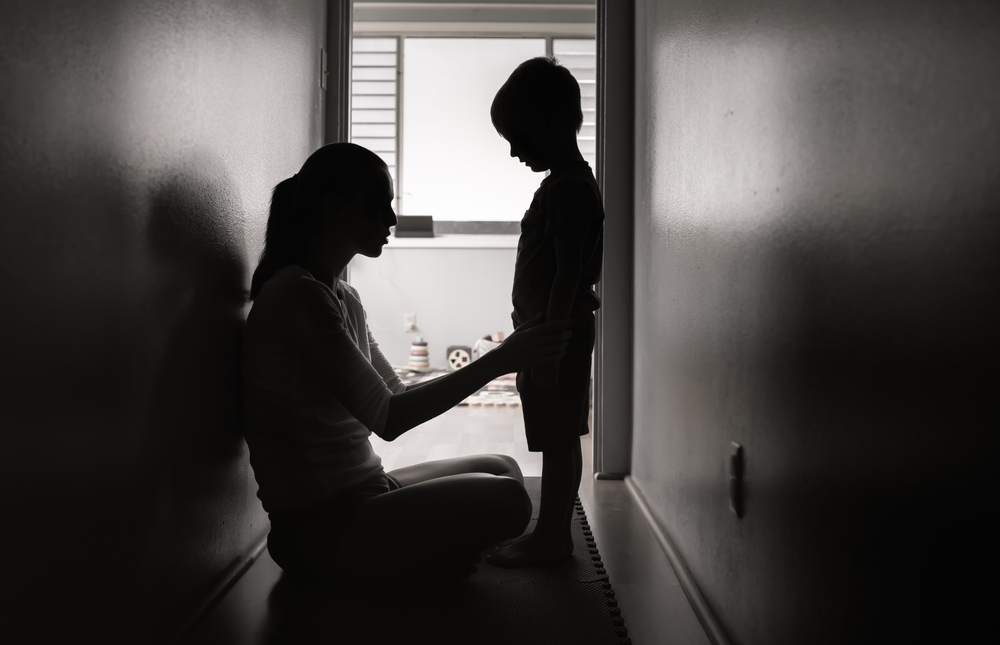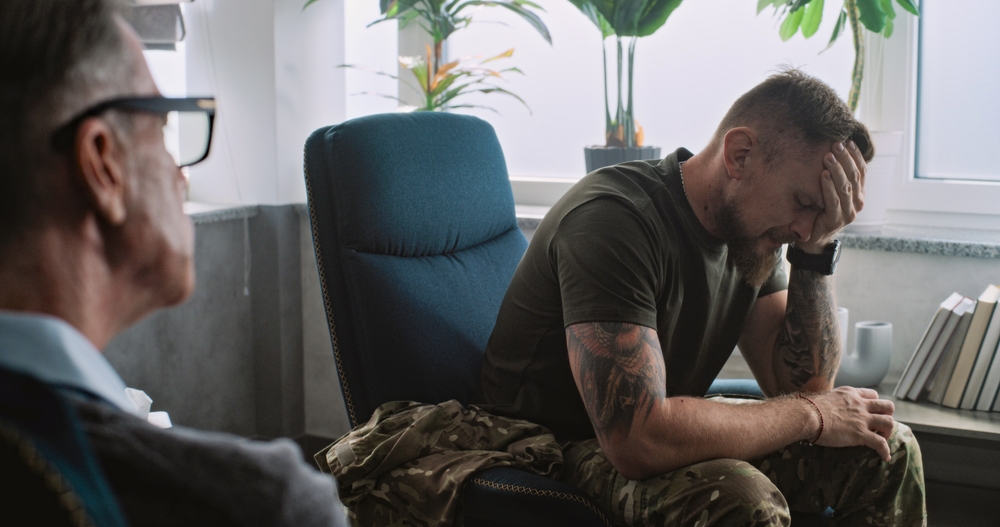
You’ve probably heard people say, “The apple doesn’t fall far from the tree.” It’s often about physical traits or quirks—like having your mom’s smile or your dad’s stubborn streak. But it also applies to things we don’t always talk about, like how addiction affects future generations.
Addiction often has deep roots in a family’s history. If your family history includes substance use disorders, you’re at a higher risk of developing them yourself. Why? It’s partly genetic and partly environmental.
On the genetic side, research shows that some people are more vulnerable to drug addiction due to inherited traits that affect how their brain responds to substances. But it’s not just biology—what you see growing up also plays a huge role. If your family members struggled with substance use disorders, you might have grown up in an environment where drug or alcohol use seemed “normal” or even as a legitimate way to cope with stress.
When these patterns go unaddressed, they don’t just affect you—they affect future generations.
Your family dynamics shape your understanding of emotions, relationships, and challenges. If addiction was part of your family environment, it likely caused emotional instability or even trauma. For example:
These learned behaviors often follow a generational cycle of addiction, where emotional wounds and unhealthy habits are unintentionally passed down to children.

It’s not just genetics or behavior—it’s also about the environment you grew up in. Living in a household where addiction is present creates stress and unpredictability. Children in these homes often experience neglect, anxiety, or even abuse, which increases their risk of mental health disorders or substance use disorders later in life.
The pressure to keep the family functioning often falls unevenly on different age groups. For example, older siblings might take on a caretaker role, while younger ones may act out to seek attention. These dynamics reinforce unhealthy roles that can persist into adulthood, further contributing to the history of substance abuse in the family.
Behavioral patterns, like how you handle stress or conflict, are often modeled by parents and caregivers. If addiction was part of your family’s story, you may have learned these patterns without even realizing it. For instance:
Over time, these inherited behaviors create a ripple effect. They don’t just impact you; they shape how future generations navigate life. Without intervention, these cycles can continue indefinitely.
The good news is that with the right support and evidence-based treatments, it’s absolutely possible to break the cycle of addiction and create a healthier future for yourself and your family.
Cognitive Behavioral Therapy (CBT) is one of the most effective tools for treating substance use disorders. Why? Because it focuses on changing the thought patterns and behaviors that keep addiction alive.
Here’s how it works:

Addiction doesn’t happen in isolation—it affects the entire family. That’s where family therapy comes in. This treatment focuses on improving communication, resolving conflicts, and addressing the underlying issues that contribute to addiction.
Here’s what makes family therapy so powerful:
While therapies like CBT and family therapy are essential, recovery doesn’t end there. A strong support network is just as important. Groups like Narcotics Anonymous provide a space to connect with others who understand what you’re going through.
NA meetings offer:
Combining evidence-based therapies with community support is a powerful way to stay committed to your recovery and prevent relapse.
One of the best things about these addiction treatment approaches is that they can work for anyone, no matter their age or background. Whether you’re a young adult trying to overcome early substance use or a parent wanting to break the cycle for future generations, these treatments meet you where you are.
By focusing on both the individual and their environment, evidence-based treatments help you address the root causes of addiction while equipping you with the tools to build a healthier life.
Addiction is tough, but it doesn’t have to define your family’s story. With evidence-based approaches and support from groups, you can overcome the challenges of addiction and have a brighter future for you and your loved ones.
If you’re ready to take that first step, More Than Rehab is here to help. We can help you break intergenerational trauma and addiction so you can heal and thrive.


